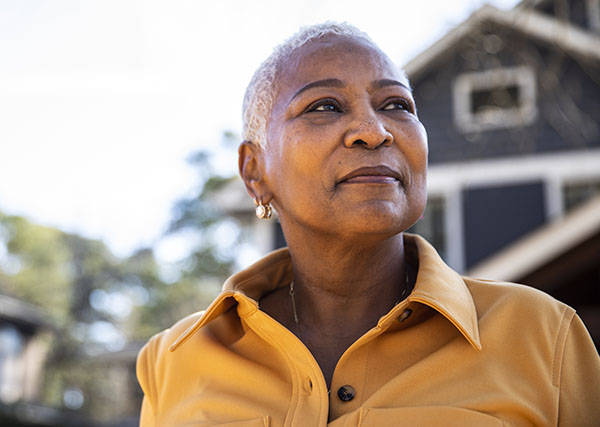 As a busy woman, you might not always make time for yourself. But no matter how hectic life gets, it’s worth prioritizing your health.
As a busy woman, you might not always make time for yourself. But no matter how hectic life gets, it’s worth prioritizing your health.
Nazareth Hospital gynecology provider Iris Stendig Raskin, CRNP, offers some recommendations for staying well before age 40 and after.
Under age 40
Get screened for cervical cancer. Screening can help prevent cervical cancer or find it early, when treatment often works best. You should start getting screened at age 21. Depending on your age, options for screening include Pap tests and, starting at age 30, a test for the human papillomavirus (HPV).
Exercise and decompress. Self-care is essential—now and in the years ahead. “I write my patients prescriptions to spend 30 minutes a day on something calming, such as practicing yoga, reading or taking relaxing baths,” Stendig Raskin says.
Tell your healthcare provider about any family history of serious health problems, like cancer. Work with your provider to lower your risk if your family history raises it. Update your family health history, over time, as needed.
Over age 40
Get breast and colorectal cancer screenings. Women 40 and older should get yearly mammograms for breast cancer, Stendig Raskin says. Most women should start colorectal cancer screening at age 45. Tell your provider about any worrisome symptoms. Those include irregular or heavy menstrual periods, which sometimes signal gynecologic conditions that occur more often with age. Also, mention any bothersome perimenopausal symptoms, such as hot flashes, night sweats and period changes. Treatments may be available.
“Check in and let us know what’s going on,” Stendig Raskin suggests. Get bone density tests. “At 65, we stress the importance of getting screened for osteoporosis,” Stendig Raskin says. This silent bone-thinning disease raises the risk of fractures.
Throughout life
Stay up-to-date on your well-woman exams. Doing so helps ensure you get recommended tests for conditions that often have no early symptoms. Some women may need tests not mentioned here, along with earlier and more frequent health screenings based on their risk factors. Ask your provider what’s right for you.
